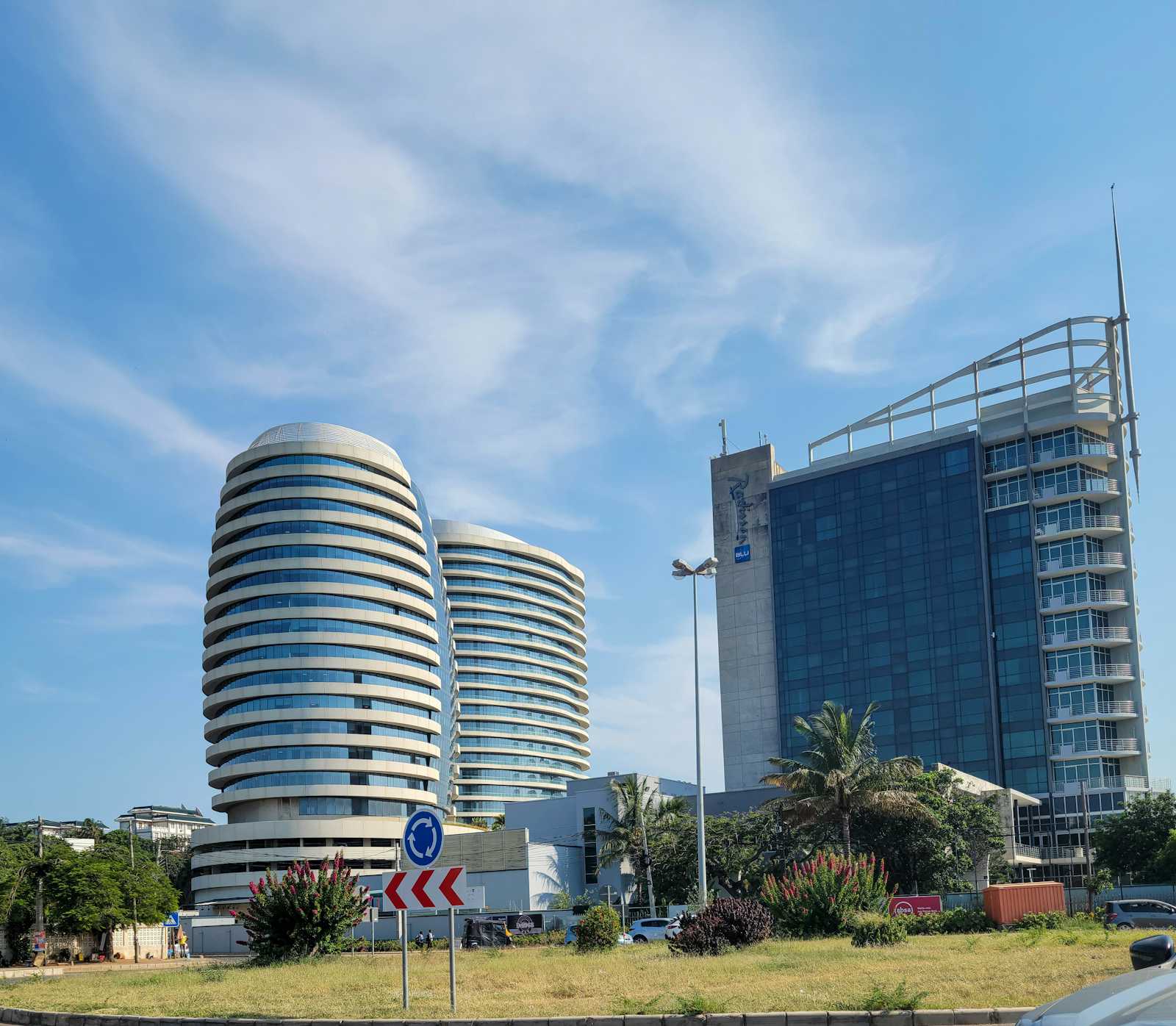Startups and Innovation Hubs: Building the Next Silicon Valley in Africa
 Nettribe Media
Nettribe MediaTable of contents

In recent years, Africa has emerged as a dynamic hub for technological innovation and entrepreneurship. With a youthful population, rapid urbanization, and growing internet penetration, the continent is home to a thriving ecosystem of startups and innovation hubs that are fueling a new wave of economic growth. This article explores how Africa’s startup culture is evolving, the role of innovation hubs in fostering creativity, and the potential for the continent to develop its version of Silicon Valley.
Africa’s Startup Boom
The African startup ecosystem has seen exponential growth in the last decade. Cities like Lagos, Nairobi, Cape Town, and Cairo are leading the charge, attracting venture capital, incubators, and accelerators that support a range of tech-driven startups. In 2022 alone, African startups raised over $5 billion in venture funding, reflecting increased investor confidence in the continent’s potential.
1. Key Sectors Driving Innovation
African startups are addressing various challenges unique to the continent, including financial inclusion, healthcare, agriculture, and energy. The following sectors have seen the most growth:
Fintech: With a significant portion of the population unbanked or underbanked, fintech startups are providing innovative solutions like mobile money, digital banking, and online lending. Companies like Flutterwave and Chipper Cash are leading the charge, enabling cross-border payments and increasing financial access.
Healthtech: Startups like mPharma and Helium Health are revolutionizing healthcare delivery by leveraging technology to improve medical services, telemedicine, and data-driven healthcare management.
Agritech: Agriculture remains the backbone of many African economies, and startups like Twiga Foods and Farmcrowdy are helping smallholder farmers increase productivity through data-driven farming, digital marketplaces, and access to finance.
E-commerce: Online shopping platforms like Jumia and Konga are expanding the retail landscape, creating new opportunities for sellers and improving accessibility for consumers across the continent.
Clean Energy: Solar energy startups like M-Kopa and Zola Electric are providing affordable, renewable energy solutions to millions of households that lack reliable access to electricity.
The Role of Innovation Hubs
Innovation hubs are playing a crucial role in fostering the growth of Africa’s startup ecosystem. These hubs provide startups with access to resources, mentorship, and networking opportunities, acting as catalysts for innovation. With over 600 active hubs across the continent, they are building communities that nurture creativity, collaboration, and entrepreneurship.
1. Leading Innovation Hubs in Africa
CcHub (Nigeria): The Co-Creation Hub (CcHub) in Lagos is one of Africa’s most prominent innovation hubs. It has supported numerous tech startups by providing workspace, networking, and mentorship. The hub is home to various accelerators and funds that have helped scale many Nigerian startups.
Nairobi Garage (Kenya): Nairobi is often dubbed “Silicon Savannah” due to its vibrant startup scene. Nairobi Garage is one of the leading coworking spaces and innovation hubs in East Africa, offering entrepreneurs a platform to connect with investors, partners, and customers.
The Meltwater Entrepreneurial School of Technology (MEST, Ghana): MEST operates as a pan-African incubator and accelerator that trains entrepreneurs, providing them with the skills and funding necessary to launch successful tech startups. MEST has produced several successful African tech companies and has a wide network of alumni.
The Innovation Hub (South Africa): Located in Pretoria, The Innovation Hub is South Africa’s first science and technology park. It supports startups focused on ICT, green technologies, and bioeconomy, contributing to research and development in the region.
2. The Importance of Collaboration and Networking
Innovation hubs foster collaboration between startups, corporates, investors, and governments. They provide a platform for knowledge exchange, mentorship, and partnerships that enable entrepreneurs to scale their businesses. These hubs also help bridge the gap between African startups and global markets, providing access to international investors, grants, and strategic partnerships.
Challenges Facing African Startups
While the growth of startups and innovation hubs in Africa is promising, there are still significant challenges that need to be addressed:
Access to Funding Although venture capital funding in Africa has increased, it is still disproportionately small compared to other regions like North America and Europe. Many African startups struggle to raise early-stage funding, particularly in less developed markets. Additionally, many investors tend to focus on a few major cities, leaving out startups in smaller markets.
Infrastructure and Regulatory Barriers In many parts of Africa, inadequate infrastructure, such as unreliable electricity and poor internet connectivity, remains a challenge. Startups often have to innovate around these constraints. Furthermore, inconsistent regulations and bureaucratic hurdles can slow down the growth of tech companies.
Talent Shortage Despite a growing pool of young tech talent, there is still a shortage of skilled professionals in areas like AI, data science, and advanced software engineering. African startups often face competition from global companies for top talent.
Scaling Across Borders Expanding into new markets can be challenging for African startups due to the continent’s fragmented market, linguistic diversity, and varying legal frameworks. Building a pan-African business requires navigating complex regulatory environments and overcoming logistical challenges.
The Role of Governments and Policy
Governments across Africa are increasingly recognizing the importance of supporting startups and innovation hubs. Several countries are implementing policies that encourage entrepreneurship and investment in tech ecosystems.
Kenya: Kenya’s government has actively promoted its startup ecosystem through policies like the Kenya Vision 2030 initiative, which focuses on science, technology, and innovation as drivers of economic development.
Rwanda: Rwanda’s government has positioned the country as a tech hub through its “Smart Rwanda” initiative, which aims to transform the country into a knowledge-based economy. Kigali Innovation City is one of the flagship projects supporting this goal.
South Africa: South Africa has introduced various tax incentives and grant programs aimed at encouraging innovation and startup growth. The country is also home to several public-private initiatives that foster collaboration between tech companies and the government.
Africa’s Silicon Valley: A Vision or Reality?
While it may be premature to claim that Africa has developed its own Silicon Valley, the growth of startups and innovation hubs signals a future where the continent could become a global tech powerhouse. The blend of youthful ambition, creative problem-solving, and rising investor interest is laying the groundwork for sustainable growth in the tech sector.
Africa’s unique challenges present opportunities for homegrown solutions, with startups focusing on areas such as financial inclusion, energy access, and healthcare delivery. If these efforts are supported by stronger infrastructure, better access to funding, and a conducive regulatory environment, the dream of creating a Silicon Valley in Africa could become a reality.
Conclusion
Africa’s startup scene is thriving, with innovation hubs acting as the heartbeat of the continent’s tech ecosystem. From Lagos to Nairobi, Cape Town to Accra, these hubs are nurturing the next generation of African entrepreneurs.
Subscribe to my newsletter
Read articles from Nettribe Media directly inside your inbox. Subscribe to the newsletter, and don't miss out.
Written by
